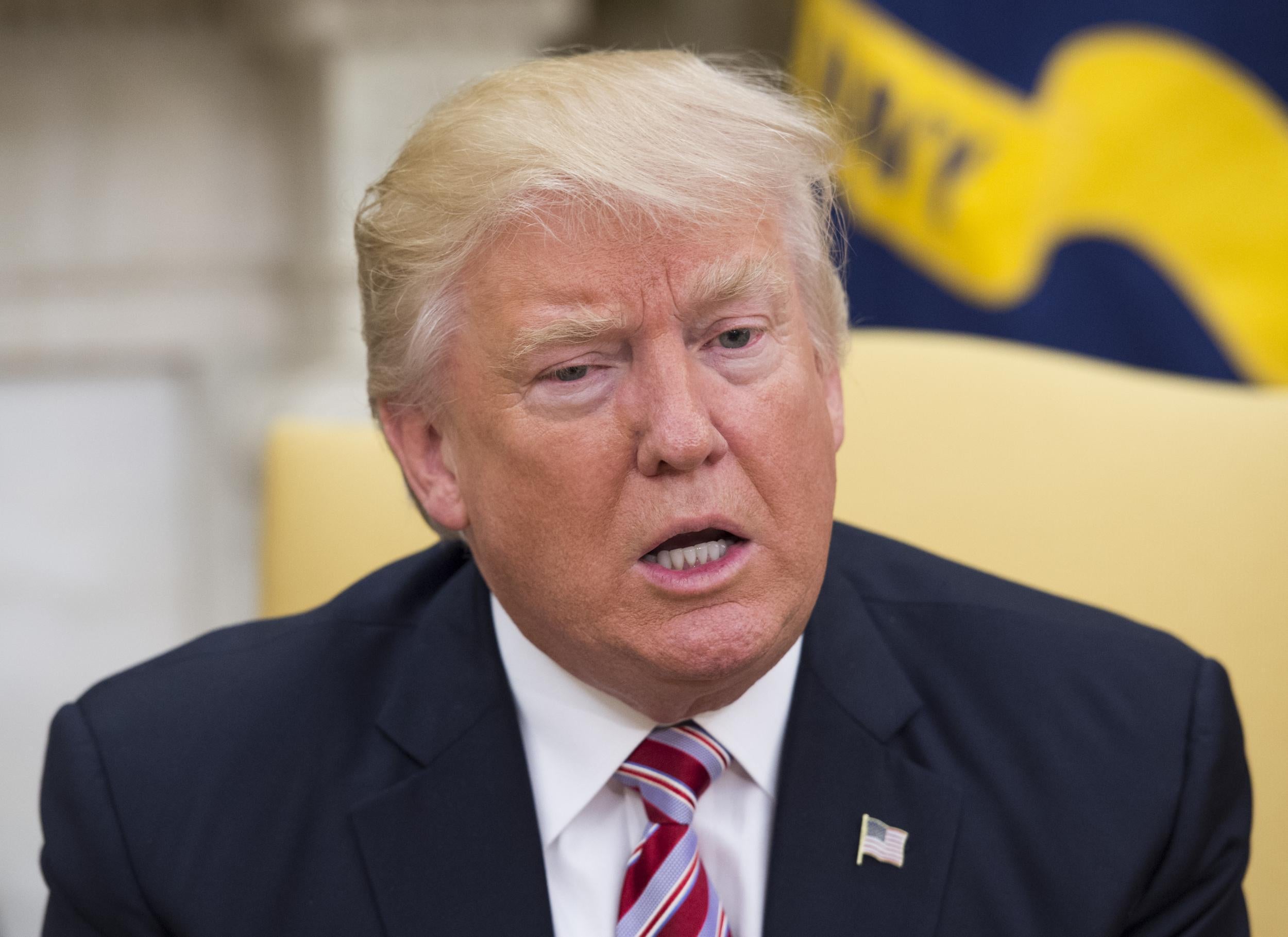Donald Trump launches official investigation into voter fraud after claiming it cost him popular vote
Hillary Clinton won the popular vote by three million votes, and so far there is no evidence of any fraud

Your support helps us to tell the story
From reproductive rights to climate change to Big Tech, The Independent is on the ground when the story is developing. Whether it's investigating the financials of Elon Musk's pro-Trump PAC or producing our latest documentary, 'The A Word', which shines a light on the American women fighting for reproductive rights, we know how important it is to parse out the facts from the messaging.
At such a critical moment in US history, we need reporters on the ground. Your donation allows us to keep sending journalists to speak to both sides of the story.
The Independent is trusted by Americans across the entire political spectrum. And unlike many other quality news outlets, we choose not to lock Americans out of our reporting and analysis with paywalls. We believe quality journalism should be available to everyone, paid for by those who can afford it.
Your support makes all the difference.Donald Trump has created a commission to investigate voter fraud and suppression. He has previously claimed, without providing any evidence, that this cost him the popular vote in the 2016 election. Despite losing the electoral college, Hillary Clinton gained three million more votes than Mr Trump.
The Presidential Commission on Election Integrity will be led by Vice President Mike Pence and Kansas Secretary of State Kris Kobach.
The commission will "review policies and practises that enhance or undermine the American people's confidence in the integrity of federal elections — including improper registrations, improper voting, fraudulent registrations, fraudulent voting and voting suppression,” the White House said ahead of the order signing.
After the election win, Mr Trump claimed that Ms Clinton won three million more votes than him due to illegal voter registrations, non-citizen voting, and those registered in two states. He won the electoral college vote, which gave him the presidency.
The commission fulfils a promise Mr Trump made on Twitter just days after taking office.
There is no evidence to support his claim regarding fraud, however. An investigation done by ABC News showed that in the three most populous states - New York, California, and Florida - there were zero cases of voter fraud in the 2016 election. Twenty other states said the cases were "extremely" rare.
New York University's Brennan Center for Justice found that in a study of jurisdictions where 23.5 million voters are registered, 0.0001 per cent of the vote in these jurisdictions came from non-citizens.
White House officials said that Democrats may be tempted to join the commission because it will also be looking into voter suppression since many voting rights advocates have argued that current voting laws in certain states discriminate against minorities, low-wage workers, and the poor due to identification requirements and polling place waiting times.
Membership in the commission is still forming but so far the Secretaries of State of Indiana, New Hampshire, Maine, and a former official in the state of Ohio are set to join. Mr Trump won Ohio and Indiana in the election but Maine and New Hampshire went to Ms Clinton by a fairly large margin.
The commission is expected to produce its first report sometime next year.
The appointment of Mr Kobach is in line with Mr Trump's belief that there was "widespread" voter fraud, as he characterised it several times on the campaign trail. In April 2017, Mr Kobach announced the first conviction of a non-citizen voting in the state of Kansas in the 2016 election.
No figures on the amount of federal money that would be spent on the commission's report have been made public as yet.
However, Republican Senator Mitch McConnell told CNN in February 2017 that he did not feel there was enough "evidence that it occurred in such a significant number that would have changed the presidential election, and I don't think we ought to spend any federal money investigating that."
Join our commenting forum
Join thought-provoking conversations, follow other Independent readers and see their replies
Comments